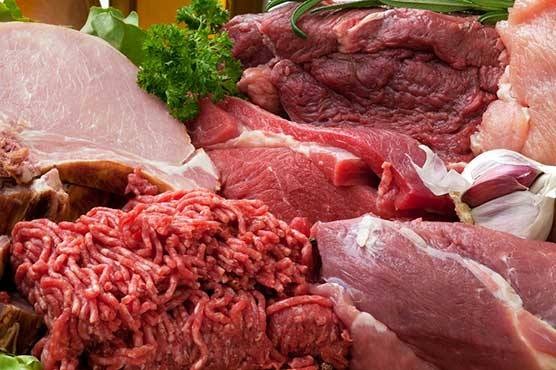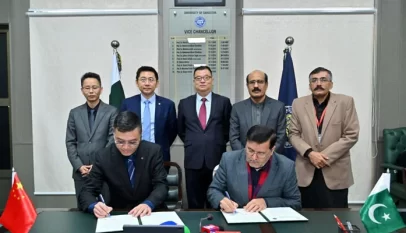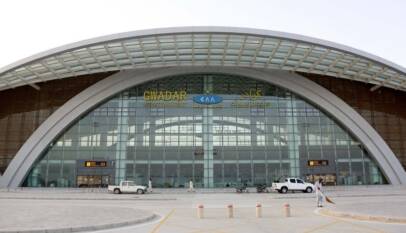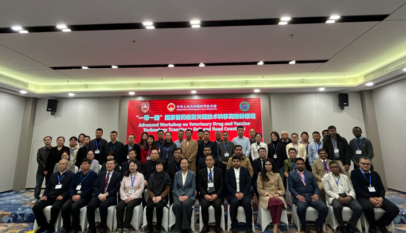Pakistan to export meat to China
China has allowed a Pakistani firm, Organic Meat Company to export meat to China, after lifting quarantine restrictions. While filing with the bourse, Organic Meat Company said they have pioneered a heat treatment process to remove viruses from the meat, which will also enable them to access even more markets.
KARACHI: China has allowed a Pakistani firm to export meat to one of the world’s biggest markets after lifting quarantine restrictions, although the neighbouring country expressed concern over hurdles in bilateral economic relationship, it was learnt on Friday.
The Organic Meat Company received an approval from Chinese customs authorities for export of heat treated meat to China.
“The company has pioneered the heat treatment process whereby foot and mouth disease virus can be removed from beef meat,” the company said in a filing with the bourse. “This process will enable us to access more markets for value-added meat products.” China is one of the world’s largest beef consumers and that imports half a million tons annually to reduce gap in demand and supply.
Chinese authorities had imposed quarantine restrictions on Pakistan’s meat which has the world’s lowest price. Pakistan exports beef to Vietnam in bulk and from there it enters into China without any restrictions, according to the Federation of Pakistan Chambers of Commerce and Industry President Nasser Hyatt Maggo.
Maggo lamented the bilateral trade figures are not reflecting the narrative of close friendship. There are multiple hidden tariff barriers imposed on trade with Pakistan.
“We don’t have direct relations with importers in China,” he said during a meeting with Chinese Consul General in Karachi Li Bijian and Economic and Commercial Counselor Guo Chunshui.
“China should give Pakistan its due share in Chinese imports to let Pakistani businessmen take benefits by exports to China.”
Javed Ilyas, chairman of Pak-China Business Council said bilateral trade was $18 billion in 2019 after signing of second phase of free trade agreement. Of this, Chinese exports were $16 billion while imports from Pakistan were only $1.9 billion as Pakistani businessmen faced barriers from China.
Amjad Rafi, former president of Karachi Chamber of Commerce and Industry said Pakistani basmati rice is best in the world and in much demanded in Europe. Indian Basmati was banned in the European Union and Pakistan exported $2 billion basmati last year, but Chinese authorities imposed quota on basmati rice.
“If Pakistani exporters are allowed free dealing in China the trade ratio could be enhanced many times,” Rafi said.
The participants discussed the matter of mutual interests and the state of affairs in China-Pakistan Economic Corridor.
Bijian said there are various hurdles in business relations between Pakistan and China. He expressed concerns over safety and security situation for Chinese businessmen and workforce in Pakistan. He also complained about inconsistent economic policies of the government.
Lack of basic infrastructure is also harming trade and industrial relations, he said. Unskilled labours are damaging the business environment. “We spend our money, effort and time in training the labour but after some time they change their loyalties.”
The envoy said Gwadar government has not built any power plant. China is establishing its own electricity sources, which would take time. Karachi is the largest port city “that suits us.”
Pakistani, Chinese varsities sign MoU to boost partnership in education sector
Islamabad: Universities in Tianjin, China, have signed three Memorandums of Understanding …












